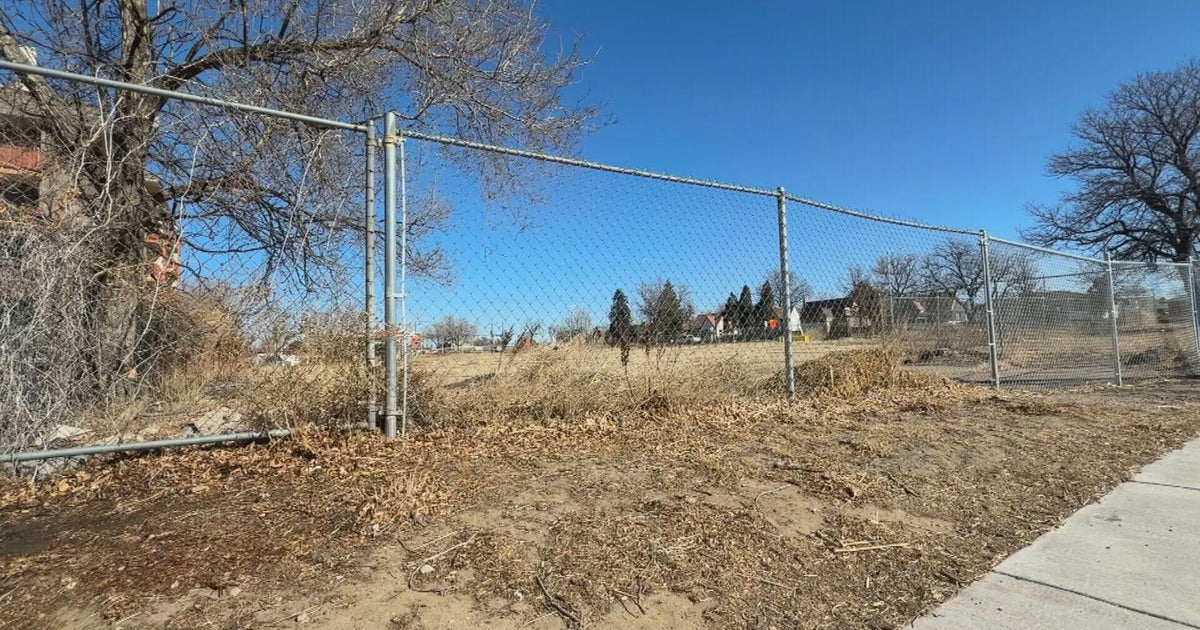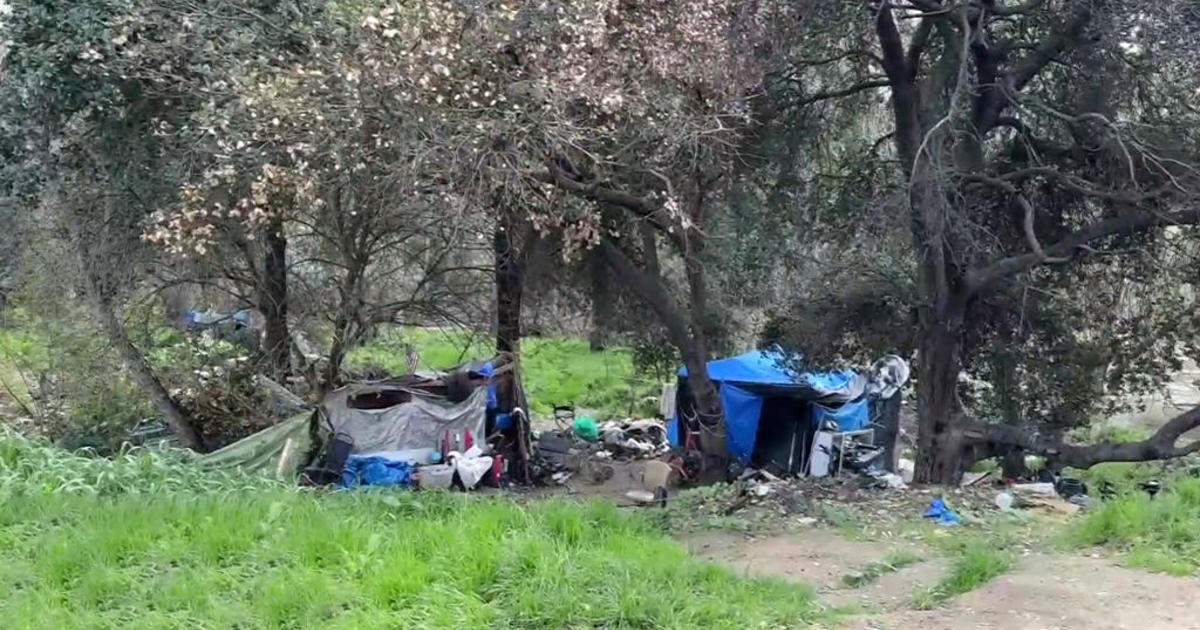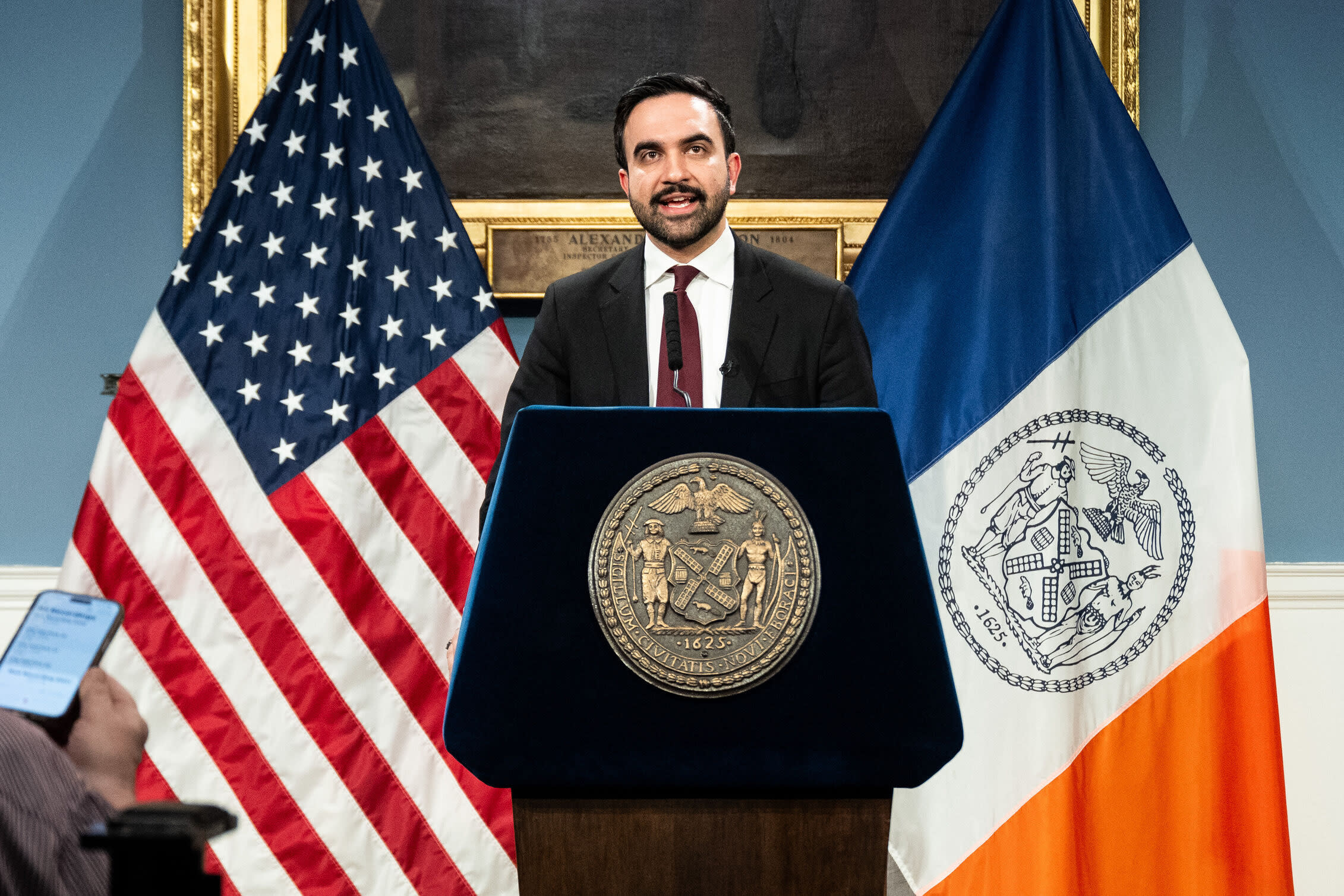Amazon, Starbucks lash out after Seattle passes tax to reduce homelessness
The Seattle City Council passed a scaled-back version of a tax on large businesses to finance efforts to help the homeless, yet the compromise isn't sitting well with two of Seattle's biggest employers -- Amazon (AMZN) and Starbucks (SBUX).
After weeks of heated debate and public hearings, the city council on Monday unanimously passed a tax of about $275 per worker annually -- less than the $500 each initially envisioned -- on businesses making at least $20 million a year. More than 500 Seattle businesses are expected to feel this new tax.
The levy, scheduled to take effect in 2019, is expected to raise about $47 million a year to construct affordable housing and to provide emergency services for the homeless.
Amazon employs more than 45,000 people in Seattle, and the retailer's growth is seen as a factor in skyrocketing housing costs in the area. Seattle last year had the nation's third-largest homeless population.
After halting two large expansion projects in its hometown to protest the tax proposal, Amazon voiced disappointment with the smaller tax plan, but it said it would resume planning for one new building.
"We remain very apprehensive about the future created by the council's hostile approach and rhetoric towards larger businesses, which forces us to question our growth here," Drew Herdener, an Amazon vice president, said in an emailed statement. "The city does not have a revenue problem -- it has a spending efficiency problem."
Starbucks also blasted the new tax and questioned how the city handles its finances.
"This City continues to spend without reforming and fails without accountability, while ignoring the plight of hundreds of children sleeping outside. If they cannot provide a warm meal and safe bed to a five-year-old child, no one believes they will be able to make housing affordable or address opiate addiction," John Kelly, senior vice president of global public affairs and social impact at Starbucks, said in an emailed statement. "This City pays more attention to the desires of the owners of illegally parked RVs than families seeking emergency shelter."



